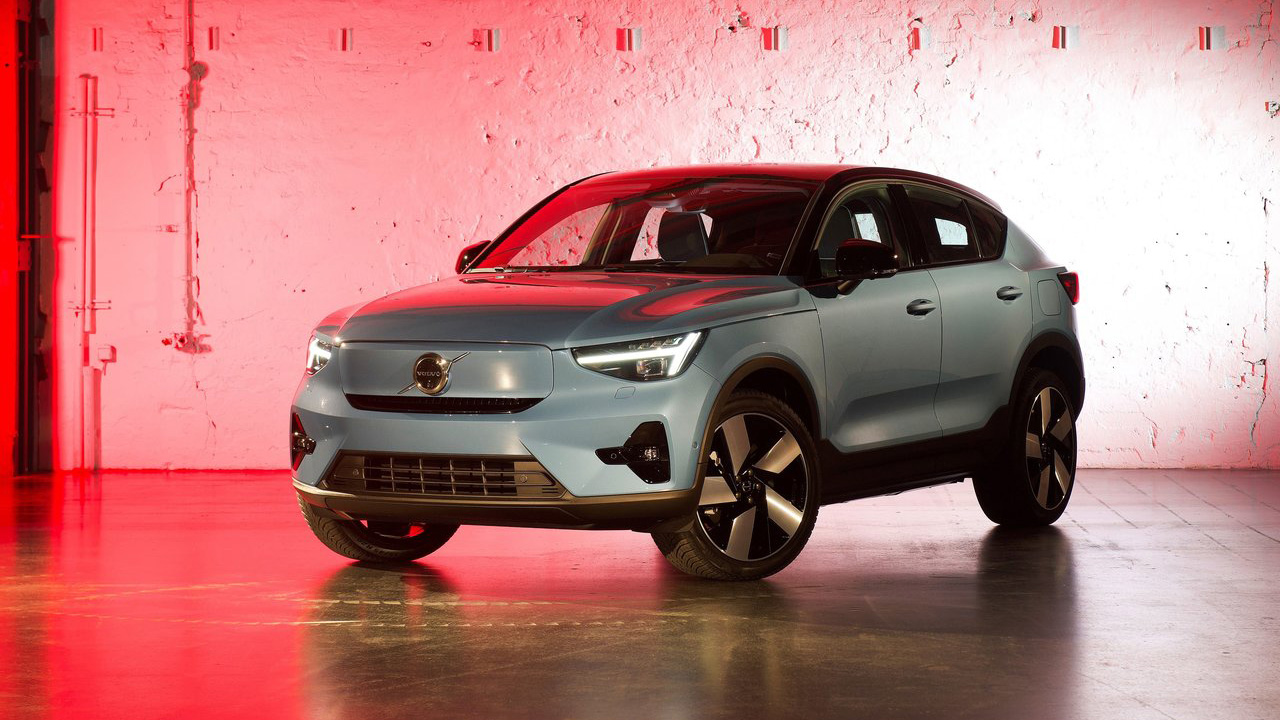Initially, Volvo aimed to offer only battery-electric vehicles (BEVs) by the end of the decade. However, facing a decline in EV sales in key markets like the US and China, the company is reconsidering this strategy. In an investor webcast, Rowan expressed confidence in EVs but noted that achieving full electrification worldwide will "take time," as reported by Automotive News.
"Our plug-in hybrids and mild hybrids remain very strong and popular with our customers, and we will continue to invest in this lineup," Rowan stated, recognizing that not all customers are ready for full electrification.
While Rowan appears to be easing his stance on a fully electric lineup by 2030, US dealers are worried. They believe hybrid vehicles will still be necessary beyond 2030. "We will have to, or we will die," one dealer told Automotive News.
An unnamed source indicated that Volvo's strategy will include plug-in hybrid electric vehicles (PHEVs) for the next decade, hoping for more favorable government policies on PHEVs amidst strict emission regulations.
Despite a 28.1% decline in US sales during the first half of 2024, demand for plug-in hybrid Volvos rose by 75% compared to last year. However, overall, Volvo reported a 12.6% drop in BEV sales compared to the first half of 2023.
Volvo's current electric lineup in the US includes the older C40 Recharge and XC40 Recharge models. Newer models, the EX90 and EX30, are not yet widely available. The EX90 has begun production in South Carolina but may lack some features at launch, and the EX30 faces issues outside the US, leading some owners to seek refunds.
Source: Automotive News

